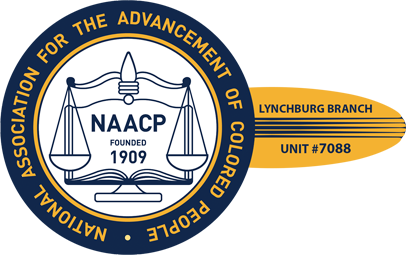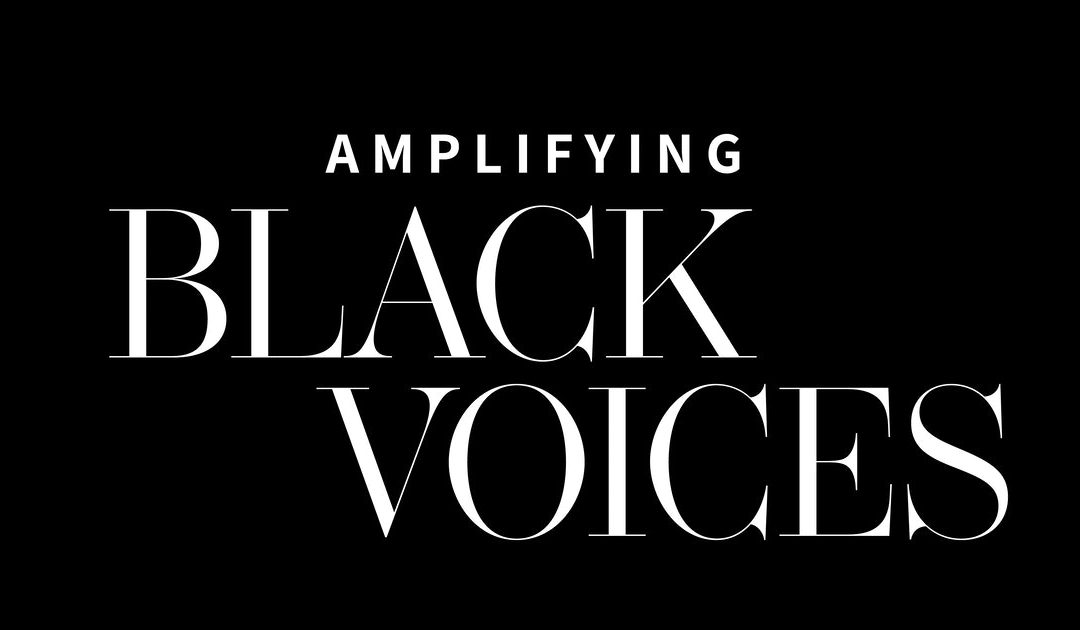
Civic Engagement Campaign Seeks to Recruit Community Volunteers to Mobilize Infrequent Black Voters to Turn Out in November
As the Nation Commemorates the 55th Anniversary of the Voting Rights Act, NAACP Leadership Call on the Black Community to use Their Voice in the Most Powerful Way
WASHINGTON, DC – Today, the NAACP, the nation’s largest and most highly recognized civil rights organization, announced the “Black Voices Change Lives” campaign, an unprecedented effort to engage Black voters across the country by deploying a blend of traditional and innovative turnout tactics in a select number of battleground states. The NAACP turnout strategy is anchored in an innovation pioneered by the data science firm GSSA, called indirect relational voter turnout (IRVT) where high-propensity Black voters are recruited as volunteers to encourage low-frequency Black voters to vote.
To listen to the Radio Ads, please visit https://blackvoiceschangelives.org/press/
The first phase, announced today, focuses on recruiting high-propensity Black voters to volunteer. The campaign is launching a multi-media advertising blitz in Florida, Georgia, Michigan, North Carolina, Pennsylvania, and Wisconsin to complement efforts to recruit volunteers by SMS, phone calls, direct mail, and e-mail. The second phase will launch in the fall and focus exclusively on using the enlisted volunteers to mobilize infrequent voters in battleground states – states where the data tells us the Black vote is the determining factor in the outcome of the election no matter who is running for office. The goal of the effort is to increase Black turnout by more than five percent compared to 2016.
“We are excited to announce the ‘Black Voices Change Lives’ campaign to mobilize and turn out Black voters all across the country this November. Our nation is in a once ina lifetime health and economic crisis. This pandemic shows just how important it is to elect people who stand with us and fire the ones who don’t,” said NAACP President Derrick Johnson. “It is not enough for anyone of us to simply vote. In this time of crisis, each of us is obligated to make sure that all people in our communities vote. We have to call our neighbors, text our friends, e-mail our loved ones and remind them to vote because our lives literally depend on it.”
According to the Pew Research Center, Black voter turnout declined for the first time in 20 years, falling to 59.6 percent in 2016, this is after reaching a historic high of 66.6 percent in the 2012 elections. The NAACP’s “Black Voices Change Lives” aims to increase the Black vote by galvanizing community members to actively engage infrequent Black voters to get to the polls in November.
As systemic racism, unemployment, and the COVID-19 pandemic threaten the lives and livelihoods of Black Americans and communities of color, the NAACP is leading this grassroots civic engagement campaign to address the urgency of the 2020 presidential election. “Black Voices Change Lives” volunteers will receive a list of up to 20 infrequent Black voters in their community who they will contact and urge to vote in November. The initiative provides tools, training, and resources to the volunteers who will call and text the voters they are assigned and encourage them to cast their ballot.
For more information on the “Black Voices Save Lives” campaign, visit the website.
About NAACP
Founded in 1909 in response to the ongoing violence against Black people around the country, the NAACP (National Association for the Advancement of Colored People) is the largest and most pre-eminent civil rights organization in the nation. We have over 2,200 units and branches across the nation, along with well over 2M activists. Our mission is to secure the political, educational, social, and economic equality of rights in order to eliminate race-based discrimination and ensure the health and well-being of all persons.
In media attributions, please refer to us as the NAACP.
NOTE: The Legal Defense Fund – also referred to as the NAACP-LDF was founded in 1940 as a part of the NAACP, but separated in 1957 to become a completely separate entity. It is recognized as the nation’s first civil and human rights law organization, and shares our commitment to equal rights.


Recent Comments